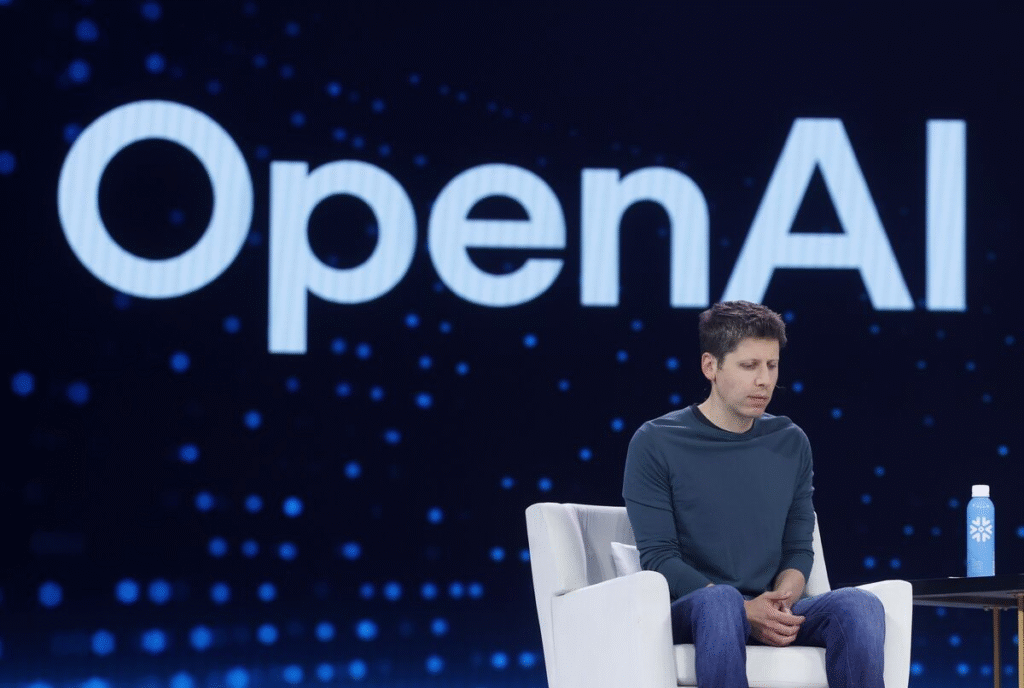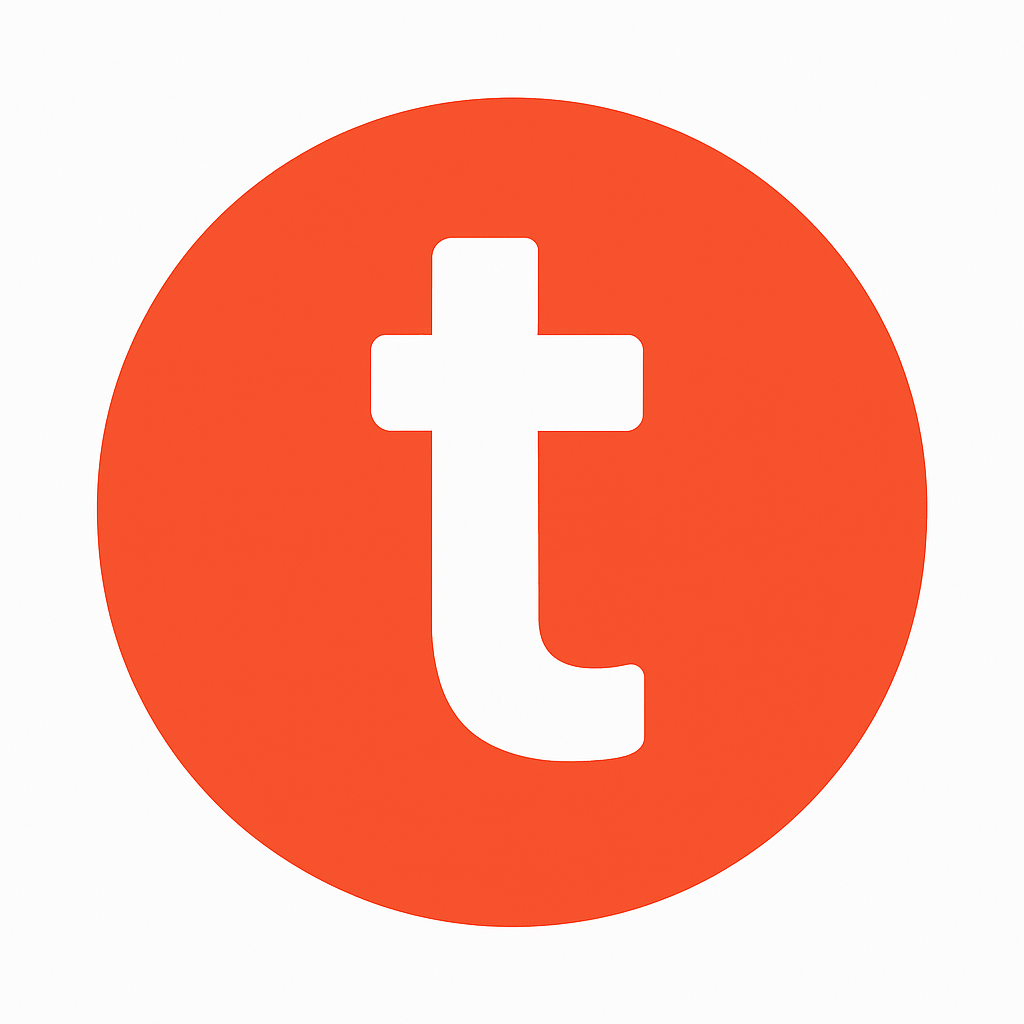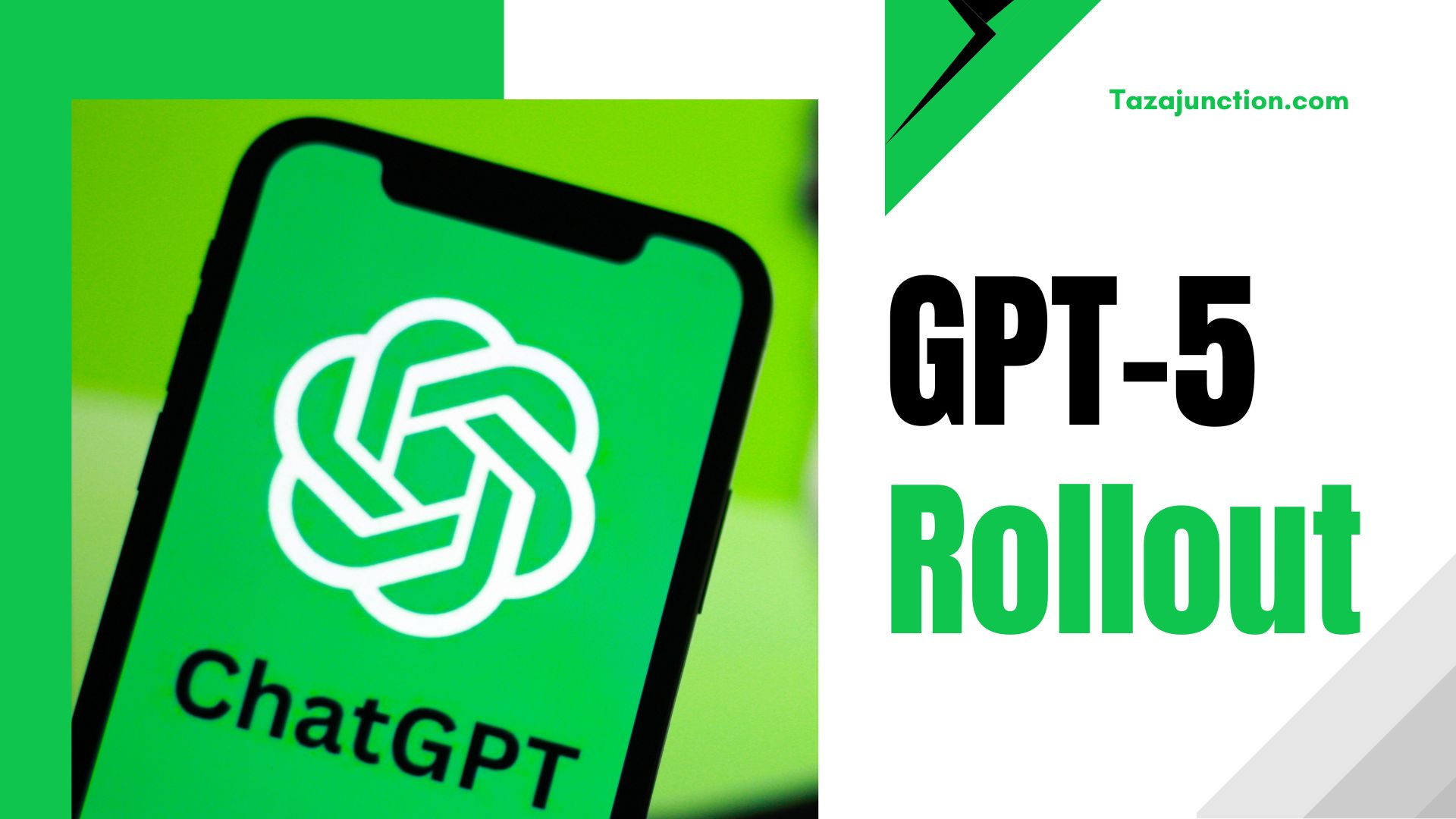In the world of artificial intelligence, expectations are always high — especially when it comes to OpenAI. So when GPT-5 launched, anticipation quickly turned into criticism.
In a rare moment of corporate humility, Sam Altman says OpenAI screwed up GPT-5 rollout, publicly admitting that the transition wasn’t handled well and promising rapid improvements.
This TazaJunction.com article breaks down exactly what went wrong, how the community responded, and the key changes OpenAI has made to correct course.
Table of Contents
What Happened with GPT-5?
When GPT-5 was first introduced, users expected a smarter, more capable AI. Instead, they were met with unexpected changes, a colder user experience, and the sudden disappearance of GPT-4o — a model many users had grown attached to.
The feedback was immediate and intense. Users took to Reddit, X (formerly Twitter), and Discord to express frustration. Some said GPT-5 felt “dumber” than GPT-4o, while others were upset about the forced switch with no warning. That’s when Sam Altman says OpenAI screwed up GPT-5 rollout — a striking and refreshingly honest response.
Three Core Issues in the Rollout
1. Sudden Removal of GPT-4o
One of the biggest complaints was the abrupt removal of GPT-4o for many users. The beloved model, known for its warm tone and responsiveness, was quietly disabled for ChatGPT Plus subscribers, who were automatically transitioned to GPT-5 without explanation.
Sam Altman says OpenAI screwed up GPT-5 rollout in part because this decision ignored user preference and emotional attachment to GPT-4o, underestimating how people had come to trust and enjoy it.
2. Broken Autoswitcher System
OpenAI introduced a new autoswitching system designed to shift between Fast (lightweight) and Thinking (advanced) versions of GPT-5. But the autoswitcher often failed, routing even complex queries through the Fast model, making GPT-5 appear underwhelming in intelligence.
This issue misrepresented GPT-5’s actual capabilities and left users confused. Once again, Sam Altman says OpenAI screwed up GPT-5 rollout because of this avoidable technical glitch, which directly affected how the AI performed during its crucial first days.
3. Change in Tone and Personality
A surprising number of users expressed emotional disappointment in GPT-5’s tone. GPT-4o was known for being warm, friendly, and empathetic. GPT-5, on the other hand, felt cold, robotic, and overly formal — a sharp contrast that disrupted the user experience.
As Sam Altman says OpenAI screwed up GPT-5 rollout, this shift highlighted a key oversight: users don’t just want smart AI — they want relatable AI.
How Did OpenAI Respond?

OpenAI moved quickly after the backlash. As public frustration grew, Sam Altman says OpenAI screwed up GPT-5 rollout and issued updates within days.
Here are the immediate changes made to address user concerns:
✅ GPT-4o Restored for ChatGPT Plus Users
In response to feedback, GPT-4o was re-enabled as a selectable model for ChatGPT Plus subscribers. This gave users the choice to continue using the AI they preferred, restoring a sense of control.
✅ Transparent Model Selection Interface
OpenAI updated the ChatGPT interface to show which version of GPT-5 was active — Fast, Thinking, or Auto. Manual selection was also introduced, so users can now choose based on their task needs.
✅ Increased Rate Limits
Plus users saw a notable increase in usage caps, especially for the Thinking model. This change made GPT-5 more practical for power users, researchers, and developers.
✅ Tone Adjustments for GPT-5
The company began refining GPT-5’s personality to include more empathy and warmth, acknowledging that personality matters just as much as performance. It’s a response rooted in the idea that AI is increasingly becoming a companion, not just a tool.
Why the Admission Matters?
In today’s tech industry, public apologies from CEOs are rare. So when Sam Altman says OpenAI screwed up GPT-5 rollout, it sent a clear message: OpenAI is listening.
Rather than downplay user feedback, Altman embraced it. His candid approach helped calm tensions and showed a willingness to learn from mistakes — something many users appreciated.
This openness also helped rebuild trust. The company’s rapid response, combined with ongoing transparency, suggests that OpenAI is committed to putting user experience first.
What Still Needs to Be Fixed?
Despite improvements, not everything has been resolved. Some users still report inconsistent performance, while others wish GPT-5 could mimic the creativity and warmth of GPT-4o more naturally.
There are also growing calls for:
- Custom personalities: Giving users more control over tone and interaction style
- Feature continuity: Ensuring future rollouts don’t suddenly remove key features
- Better communication: Offering more detailed changelogs and advance notice before major updates
As Sam Altman says OpenAI screwed up GPT-5 rollout, it’s clear the company must continue refining its rollout strategy for future updates.
What This Means for the Future of AI?
This event marks a turning point for AI development. While GPT-5 represents a major leap in architecture and potential, its launch proved that user experience is just as critical as raw intelligence.
OpenAI is now focused on blending advanced reasoning with personality, warmth, and human-like responsiveness. After all, as Sam Altman says OpenAI screwed up GPT-5 rollout, the goal is not just to build smart machines, but to create AI that feels natural, trusted, and useful in everyday life.
This moment also shows that even the most innovative companies are not immune to missteps. What matters is how they respond — and OpenAI’s willingness to adapt may ultimately help it stay at the forefront of responsible, human-centered AI.
Conclusion
The GPT-5 rollout wasn’t perfect. From technical bugs to emotional miscalculations, it reminded the world that even the most powerful AI must be released thoughtfully. Yet the response to these issues — from public apology to swift improvements — shows a company willing to own its mistakes and grow from them.
By openly stating that Sam Altman says OpenAI screwed up GPT-5 rollout, OpenAI set a tone of transparency that the AI industry desperately needs.
If the lessons learned from this rocky release are applied wisely, GPT-5 may still become the milestone model it was meant to be.

